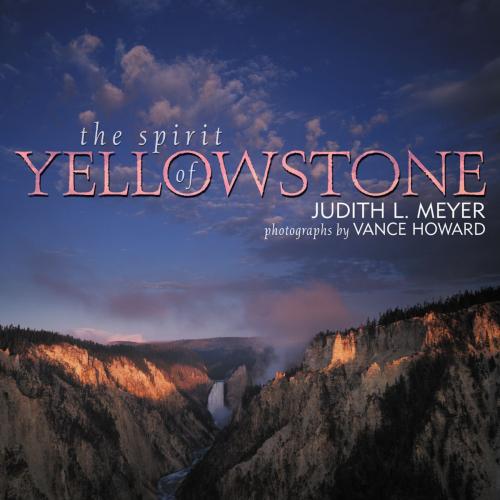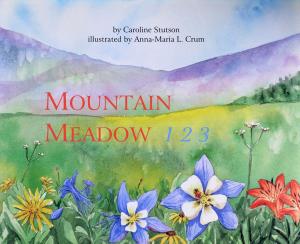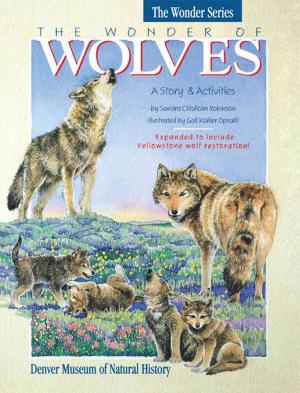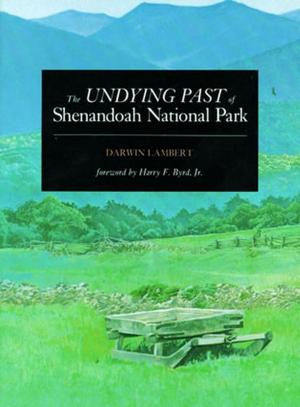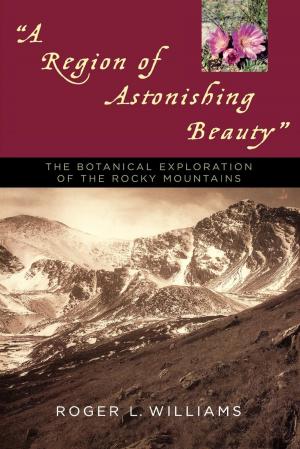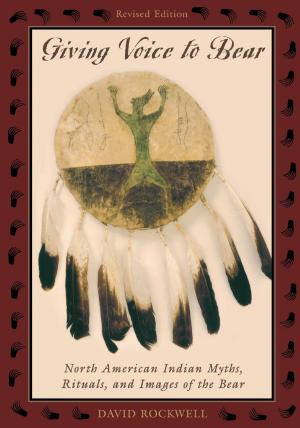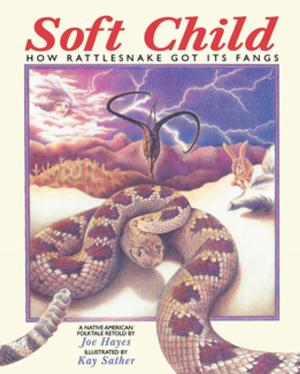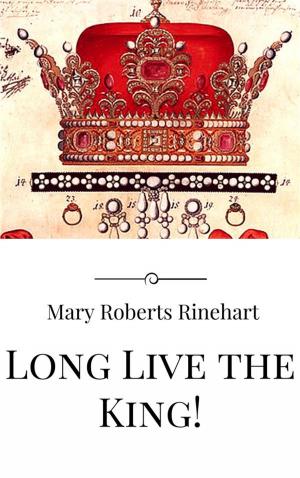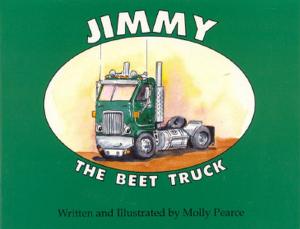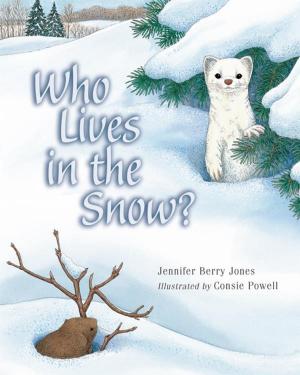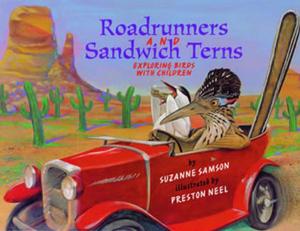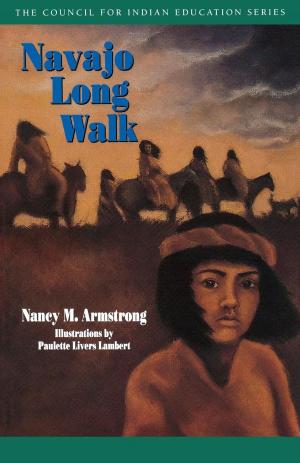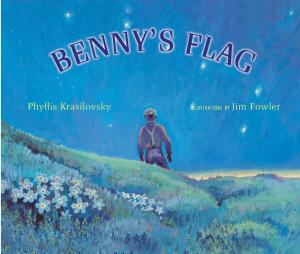The Spirit of Yellowstone
Nonfiction, Travel, Lodging & Restaurant Guides, Parks & Campgrounds, Science & Nature, Nature, Environment, Environmental Conservation & Protection| Author: | Judith L. Meyer | ISBN: | 9781461663966 |
| Publisher: | Roberts Rinehart | Publication: | June 23, 2003 |
| Imprint: | Roberts Rinehart | Language: | English |
| Author: | Judith L. Meyer |
| ISBN: | 9781461663966 |
| Publisher: | Roberts Rinehart |
| Publication: | June 23, 2003 |
| Imprint: | Roberts Rinehart |
| Language: | English |
Yellowstone National Park's famous geysers, exotic landscape, and beautiful wildlife partially explain its enormous popularity, but there is something more to the Yellowstone experience—a powerful spirit to the place that is more than the sum of its parts. This fascinating history of America's favorite national park shows how that spirit has endured over Yellowstone's 127-year existence. Meyer shows that Yellowstone has consistently evoked awe in different generations of Americans, even as our attitudes toward nature have changed over the years. That awe is also captured in photographer Vance Howard's evocative images, which, alongside historic photographs and other early artistic interpretations of the Park's wonders, support Meyer's view that Yellowstone's unique sense of place makes it worth preserving not only for its ecological value but for its lasting importance in American culture.
Yellowstone National Park's famous geysers, exotic landscape, and beautiful wildlife partially explain its enormous popularity, but there is something more to the Yellowstone experience—a powerful spirit to the place that is more than the sum of its parts. This fascinating history of America's favorite national park shows how that spirit has endured over Yellowstone's 127-year existence. Meyer shows that Yellowstone has consistently evoked awe in different generations of Americans, even as our attitudes toward nature have changed over the years. That awe is also captured in photographer Vance Howard's evocative images, which, alongside historic photographs and other early artistic interpretations of the Park's wonders, support Meyer's view that Yellowstone's unique sense of place makes it worth preserving not only for its ecological value but for its lasting importance in American culture.
